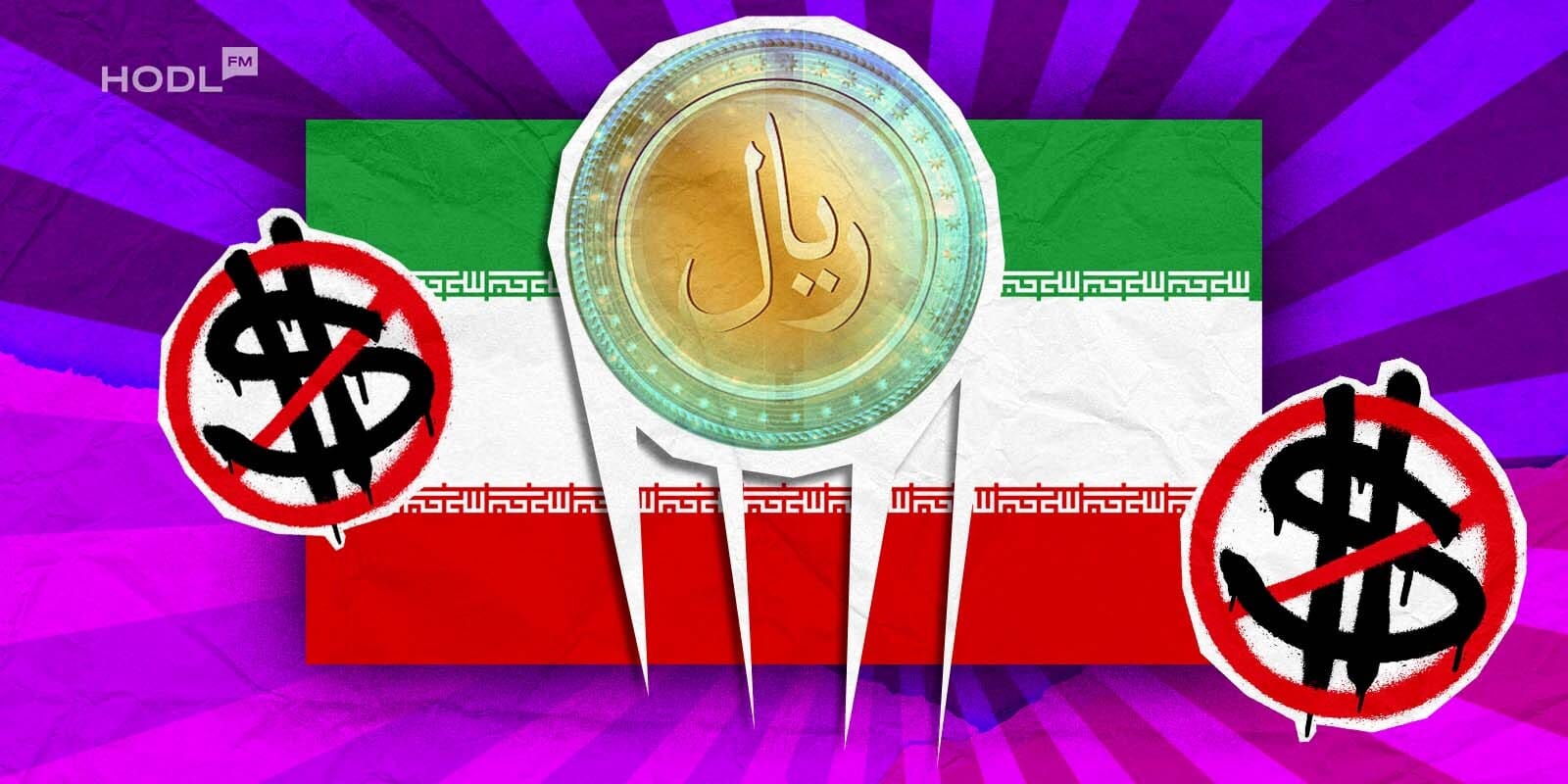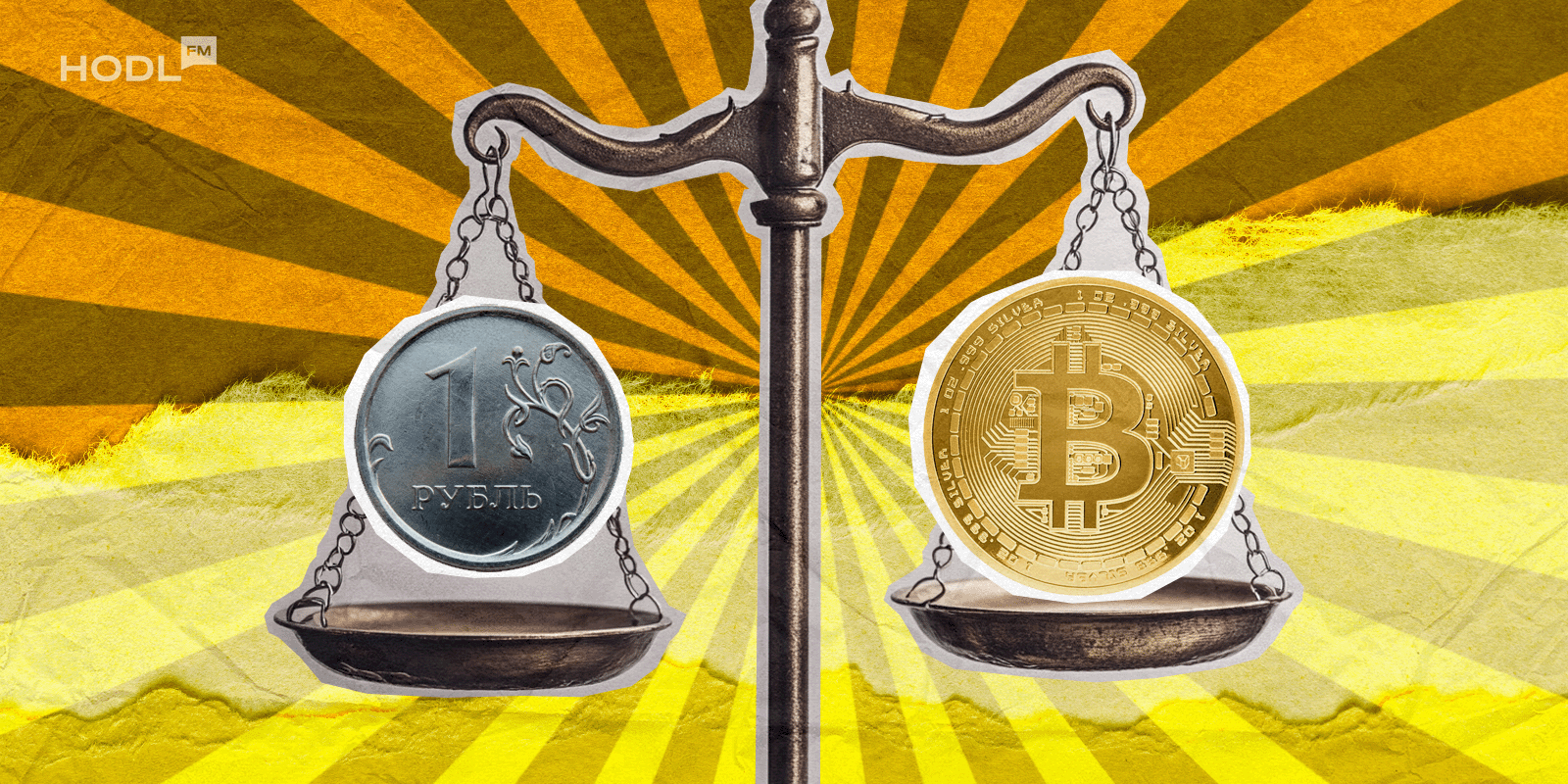Sanctions have complicated Russia's trade with key partners like China and Turkey, as local banks tread cautiously with transactions involving Russia to avoid scrutiny from Western regulators.
Finance Minister Anton Siluanov stated on Wednesday that Russian companies have begun using Bitcoin and other digital currencies for international payments in response. He explained that a legislative decision was made to legalize mining, leveraging the country's abundant electricity resources. In light of restrictions on transactions in "unfriendly" currencies and through "unfriendly" banks, cryptocurrencies have become a justified tool for facilitating import and export payments, bypassing the traditional banking sector.
Russia’s playing a double game: banning crypto mining 'cause too much energy while using Bitcoin to dodge sanctions.
— wallstreetbets (@wallstreetbets) December 26, 2024
Siluanov noted that Russia is free to use digital financial assets, including Bitcoin, for foreign trade under its experimental legal framework, which took effect in September 2024.
He stated:
We can pay for goods deliveries using digital financial assets. It is also possible to use Bitcoin mined here in the Russian Federation within the framework of the experimental regime.
As for cryptocurrencies themselves, advertising them remains banned by law, but the government allows users to buy, hold, and sell cryptocurrencies through exchanges and wallets. However, as of now, not a single cryptocurrency exchange is officially registered in Russia.
Legalization with a Catch
Russia officially recognized Bitcoin as a digital financial asset under the "On Digital Financial Assets" bill in 2021. While the legislation granted DFAs legal status, it simultaneously prohibited their use as a payment method within the country.
This fall, Russian President Vladimir Putin signed a series of laws establishing a regulatory framework for cryptocurrency mining operations in Russia.
Although the legislation defines key legal concepts in the crypto mining sector, industry experts caution that Russia hasn’t fully "legalized" cryptocurrency mining. Instead, the measures are seen as laying the groundwork for introducing new controls and restrictions on the sector.
The first law, signed in August and effective November 1, 2024, defines key industry terms like mining and pools and sets registration and reporting requirements for mining enterprises. It also prohibits foreign companies from mining in Russia and allows the government to impose restrictions on mining in specific regions.
The second law, signed by Putin on October 25, outlines rules for mining activities and the circulation of digital currencies. Although it also came into effect on November 1, 2024, its core provisions are set to be implemented by March 2025.
Nikita Zuborev, Chief Analyst at the local exchange aggregator BestChange, believes these laws fall short of fully legalizing crypto mining.
“The legislation didn’t achieve full legalization of mining. Instead, it can be said that the law introduces certain norms to simplify control over industrial mining,” Zuborev stated.
Maria Agranovskaya, an expert in international law and fintech, echoed Zuborev's comments. She noted that Russia’s largest mining companies operated without violating laws even before the legislation was passed.
“I wouldn’t say this act legalized mining. However, the added clarity with legal terms has been constructive,” Agranovskaya said.
Phantom Permission and Hidden Duality
The Russian government takes a contradictory stance on cryptocurrencies. On one hand, it actively leverages digital assets to bypass international sanctions and conduct foreign economic activities. On the other hand, ordinary citizens face severely restricted access to cryptocurrencies within the country.
The lack of registered crypto exchanges, a ban on advertising, and complex mining regulations make cryptocurrency almost inaccessible for unrestricted use. Meanwhile, the government continues to use digital assets exclusively for its own interests, neglecting the need to protect users and implement regulations that could foster the development of the domestic crypto market.
As a result, for Russian citizens, cryptocurrency remains a tool with limited functionality, while the state demonstrates a readiness to use these assets only where they serve its geopolitical and economic goals, leaving individuals with just a shadow of their true potential.

Disclaimer: All materials on this site are for informational purposes only. None of the material should be interpreted as investment advice. Please note that despite the nature of much of the material created and hosted on this website, HODL FM is not a financial reference resource and the opinions of authors and other contributors are their own and should not be taken as financial advice. If you require advice of this sort, HODL FM strongly recommends contacting a qualified industry professional.





